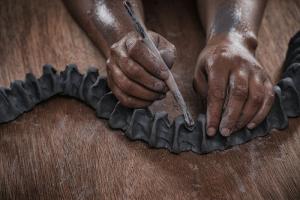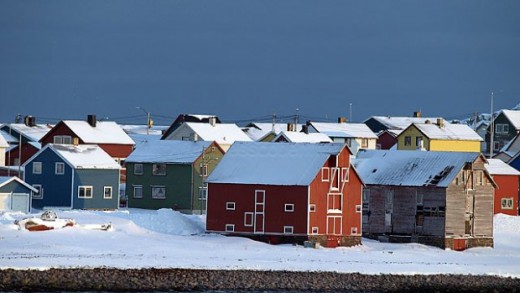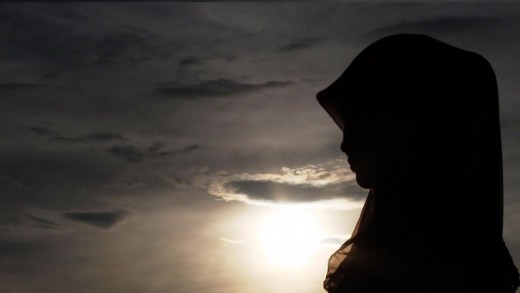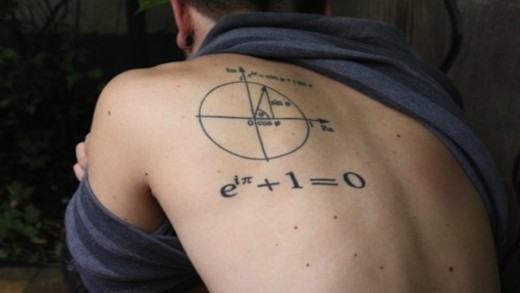One Million Bones is a social arts practice and art installation designed to recognize the millions of victims killed or displaced by genocides throughout history. Their mission is to increase global awareness of the ongoing devastation of genocide, raise funds to protect and aid displaced victims and educate students about tolerance through art and social activism.
The One Million Bones project was founded in 2009 by Naomi Natale, a photographer and social practice artist who wanted to shed light on the atrocities going on in Afghanistan, Burma, Congo, Iraq, Pakistan, Somalia and Sudan. Naomi believes in leveraging the power of art to inspire activism. The project’s art installations serve as a “collaborative site of conscience to remember victims and survivors, and as a visible petition to raise awareness of the issue and call upon our governments to take much needed and long overdue action”.
The present goal for the awareness campaign is to collect artwork clay bones for a collaborative installation of 1,000,000 bones in front of the National Mall in Washington D.C from June 8th-10th, 2013. The symbolic representation of the bones in the artistic installation pushes the public audience to think on a deeper level. Is it human nature to try to be superior to one another, or is this a cultivated desire that brings out the worst in us? Why do we spread hatred and try to bring each other down? Why do we judge based on appearances and race? After all, when we are gone and buried in the ground, we all look the same. Strip away the flesh, the organs, the brain and the soul and we are all made up of the same bones.
Even though the bones used in this project are not real, the photographic image of all the bones laid out on the floor of a village provides an eerily powerful representation of the genocides that have occurred throughout history. How many times has this happened over decades? How many times have communities and tribes of people mourned deeply as they laid out millions of bodies, most of whom belong to innocent victims of senseless conflicts. Countless wars ignited by cultural, religious differences or motivated by territorial and financial gain have allowed this to occur time and time again. Are we doomed to repeat this perpetual cycle of violence forever?
Recently, I reached out to the One Million Bones project. I set out on a mission to implore the coordinators of this installation to add Sri Lanka to the list of countries featured in their project. This way, people from other cultures who learn about the project will also be exposed to Sri Lanka’s civil war, where countless innocent lives were lost during the last stages of the conflict, in a mere few months. As the art installation travels across the world, so will the awareness of Sri Lanka’s troubled history. One of the project coordinators did reply to my email and asked for resources to learn more about the civil war and ethnically driven conflicts that have taken place in Sri-Lanka for more than three decades.
‘Genocide’ is an extremely sensitive topic and we must be careful about how we use this powerful word. It is defined as ‘the deliberate and systematic destruction, in whole or in part, of an ethnic, racial, religions or national group’. The One Million Bones project started because the organizers were shocked to discover how many people they encountered in North America, who did not even have a vague notion of what genocide is and the ways that it has, and is, currently taking place in international conflicts throughout our world today.
When it comes to Sri Lanka, the world cannot deny the senseless bloodshed and violence as ethnic tensions in the country erupted in a civil war between Tamil militants (Tamil Tigers) and the majoritarian Sinhala government that crippled the country for over thirty years and forced a diaspora of nearly a million Tamils to seek refuge in other countries. The worldwide lens is an extremely judgemental one. Under its scrutiny, the international community was a non-committal observer of the civil war and in the post 9/11 era, aligning itself with nation states and labeled non-state actors, including the Tamil Tigers, as terrorists. Working under this simplistic framework, it is rather obvious that many nations and world leaders chose to turn a blind eye as the civil war drew to a bloody conclusion in May 2009. It may also be tempting for outsiders to conclude that so many innocent lives would not have been lost if the Sri Lankan government and the Tamil Tigers were more committed in working towards a non-violent, political resolution instead of pursuing a military solution to the ethnic question. Even after recent United Nation reports highlighted the failure of the Sri Lankan government and Tamil Tigers to act in accordance with human rights standards and the principles of common civility, the details of the civil war, especially its conclusion, continues to be widely debated.
Right now in Sri Lanka, the Tamil people and their elected representatives have resumed a non-violent and parliamentary campaign to fight for their human and political rights. Hopefully, they will win this struggle by choosing the right leadership in the Tamil community, both in Sri Lanka and the diaspora, partnering with progressive Sinhala movements, and winning more influential sponsors in the international community.
What cannot be disputed is that hatred and ethnic tensions are the building blocks of genocide and something must be done in order to prevent present cultural civil conflicts in Sri-Lanka and other developing countries from escalating to this destructive level. If you are as passionate about this issue as I am, please email the program manager at susan@onemillionbones.org. If you would like to get involved with creating bones for the project, you can get more information at onemillionbones.org.
Revenge is not the answer. Once those responsible for war crimes are held accountable for their actions, to move forward as a community, it is necessary to forgive what has happened, in order to let go of the hatred that has the potential to consume our hearts and blind our vision for the future. This generation of Sri-Lankans and the Tamil diaspora needs to concentrate on what can be done in the present to ensure that history does not repeat itself, culminating in the devastation and suffering of the recent civil war. This is the only way to rebuild the reputation of a country that was once known for its culture, beauty and abundant resources- not hatred and discrimination.
Art is a therapeutic medium. The One Million Bones installation operates on the perception that making something meaningful with your hands can be a healing process. In June 2013, the project is taking one million bones to lay out in front of the National Mall in Washington DC in order to create a symbolic grave that demands an end to genocide.
“When you do something with your hands, it changes the way we feel, which changes the way we think, which changes the way we act” – Carl Wilkens (the only American to remain in Rwanda during the 1994 genocide).
The project coordinators provide two different ways of creating bones that anyone can contribute to the art installation. Through the ‘Student Rebuild challenge’ individuals can sign up to create clay bones by following step-by-step instructions on the website. Through this initiative, every bone will generate a $1 donation (up to $500 000), donated by the Bezos Family Foundation. This money will be given to CARE, an organization that currently works to keep the peace on the ground in Somalia and the Democratic Republic of the Congo. You also have the option of having a bone made in your name for a donation of $15. These bones are either handmade of clay or will be made from biodegradable material. The coordinators will create the bone for you and place it in your honor in Washington.
The funds raised by the creation of the bones will be used to support the Genocide Intervention Network’s efforts to push the United States government to implement the recommendations of the Genocide Prevention Task Force. This includes requiring the Administration to develop a comprehensive strategy to prevent genocide, instituting a mechanism for reporting on the status of escalating conflicts around the world and authorizing funding for genocide-prevention activities.
I realize that my mission to include the cultural conflicts in Sri Lanka on this website may not be a tangible solution, but getting this project to recognize the struggle of our people is a positive step towards generating awareness of the ongoing discrimination and the need for a permanent, political resolution of the ethnic conflict. Stories of loss and devastation have the power to unite individuals through a promise to never let this happen again. Raising educated and empathetic Sri Lankans in this generation is the key. This is the way to take steps to ensure that civil conflicts do not escalate to a level of violence where both Tamil and Sinhalese citizens back home cannot feel safe in their own motherland or trust those in charge of governing their interests. Can we work together to form a world where we do not discriminate based on religion or ethnicity? Where governments are held accountable for their actions and strive to unite their people, not divide and segregate. Where our cities are never torn apart by another riot and sovereign nations are never forced to resort to civil warfare that causes their people to bury one million bones at a time.
“It is about the pieces inside of us, the living bones. The pieces of our body. And how we’re not so different. We are all similar”. – Deep down, where it counts.
For more information about this initiative, please visit www.onemillionbones.org

 Niluja Albert
Niluja Albert













